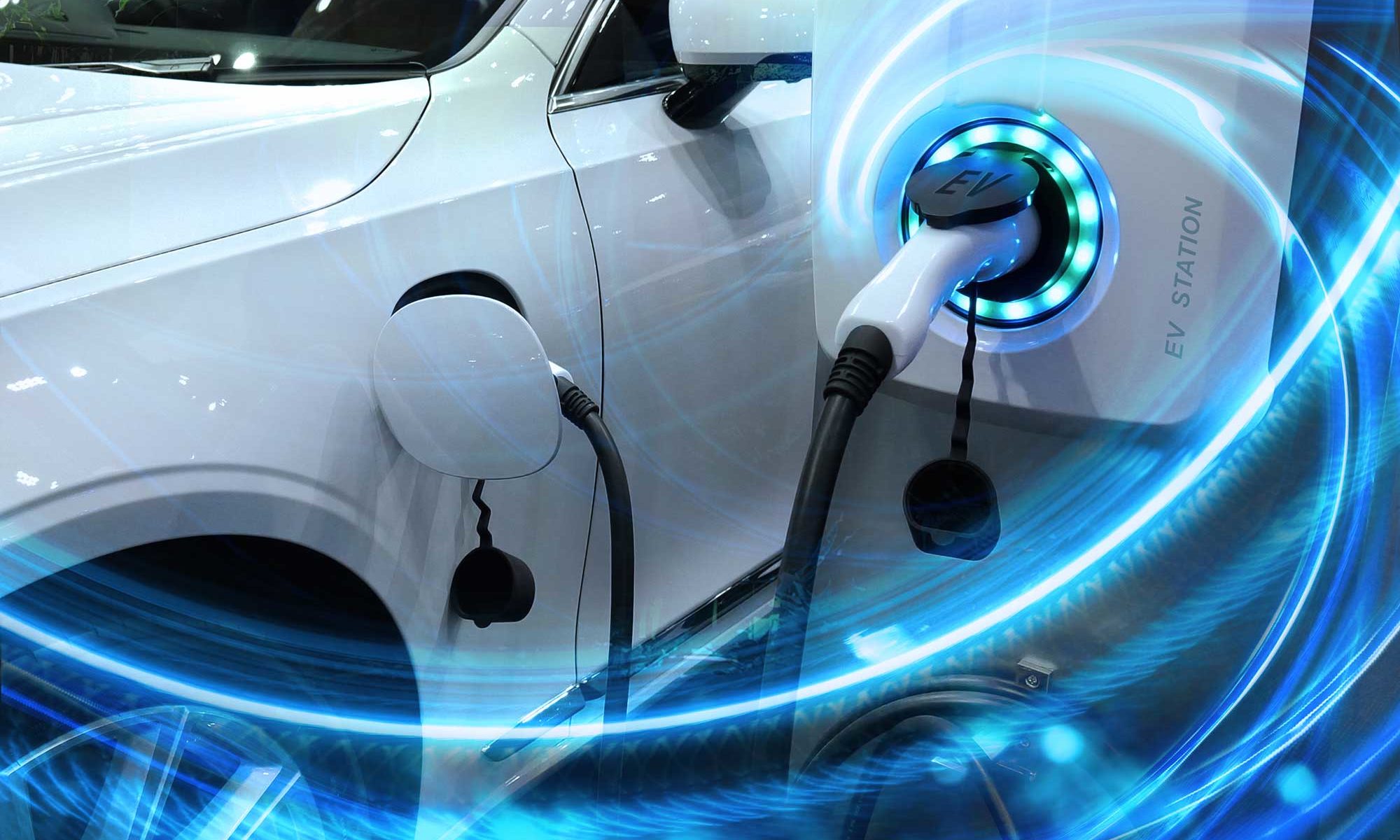Batteries for electric cars are built for extreme requirements. They have to catapult 2,000 kg of car and passengers to high speed in a very short time, provide energy for hundreds of kilometres and be able to withstand weather and wind. When the vehicles reach the end of their lifespan, the batteries can still be used for less demanding applications, such as home batteries to store energy from solar panels.
Conversion factories are needed for this application. The Flemish economy could earn around € 4 billion from this industry by 2030, as the Belgian research institute VITO has calculated. That is up to six times more than can be earned by dismantling and recycling these batteries. Conversion also saves up to 615,000 tonnes of extra CO2 emissions, because far fewer new home batteries need to be produced.
Solar panels
Old solar panels are less easy to reuse. However, they can be recycled to a high degree of quality. They contain silicon, silver and glass. From the latter material, depending on the quality, new glass can be made, or it can be used as a substitute for sand in the construction industry.
The Flemish Ministers of Innovation and Energy, Hilde Crevits and Zuhal Demir respectively, together with the public-private partnership Circular Flanders, are taking the necessary steps to respond to these challenges. Minister Demir recently launched a call for subsidies of € 30 million for further innovation in recycling: “Solar panels and the batteries of our electric cars are full of important and rare materials that can be of great value in a next life. By looking ahead and thinking now about new applications and reuse of materials from today’s important energy sources, we will be less dependent on the import of these materials from abroad in the future.” Flemish Minister of Innovation and Economy Hilde Crevits is investing €15 million in the circular manufacturing industry.
More information can be found on the website of the Circular Economy Support Centre, which brings together researchers from the universities of Leuven, Antwerpen, Gent and VITO and carries out policy-supporting research funded by OVAM and EWI.
Image: buffaloboy/Shutterstock



